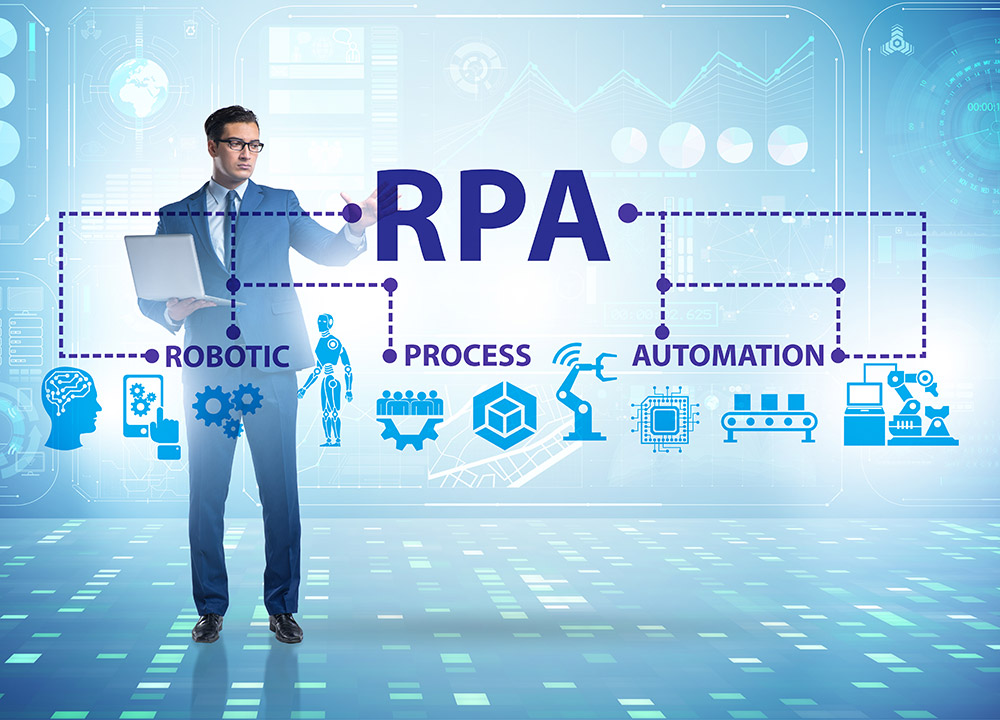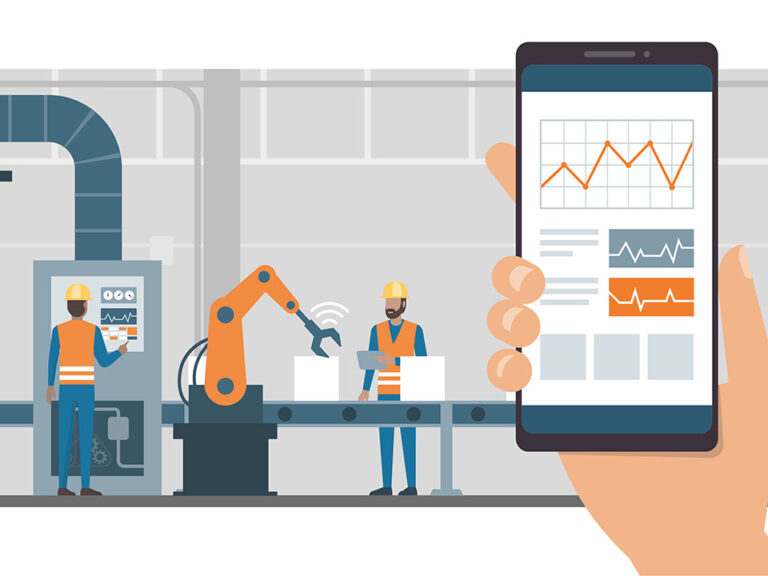Revolutionize Workflows with AI and Robotic Process Automation.
In today’s fast-paced business world, staying ahead of the competition requires optimizing business processes and enhancing productivity. Process automation, particularly through AI and robotic process automation (RPA), is revolutionizing workflows across industries. This blog explores how integrating AI and RPA can streamline business operations, automate repetitive tasks, and boost overall productivity.
Understanding Process Automation and Its Benefits
Process automation involves using automation tools to handle tasks that were traditionally performed manually. By leveraging AI and RPA, businesses can automate repetitive tasks, optimize workflows, and enhance operational efficiency. These technologies not only reduce costs but also improve accuracy and consistency, ultimately leading to higher customer satisfaction and business growth.
How AI and Robotic Process Automation Revolutionize Workflows
AI and RPA are transforming the landscape of business operations. AI algorithms can analyze large volumes of data, making data-driven decisions that optimize resource allocation and improve productivity. RPA, on the other hand, automates routine tasks, allowing employees to focus on more strategic activities. Together, AI and RPA streamline workflows, reduce bottlenecks, and enable businesses to operate more efficiently.
The Impact of Automation on Business Processes
Business process automation (BPA) through AI and RPA helps in managing various operational aspects, from inventory management to customer service. By automating workflows, businesses can achieve higher productivity and profitability. Automation tools can handle tasks across a wide range of industries, ensuring business continuity and enhancing overall productivity. This transformative approach not only reduces errors but also saves valuable time and resources.
Implementing AI and RPA for Enhanced Productivity
Implementing AI and RPA requires a strategic approach. Businesses need to identify areas where automation can provide the most significant benefits. Process mining and business process management (BPM) tools can help in this regard. Once the right processes are identified, integrating AI and RPA can streamline operations, improve efficiency, and boost productivity. It’s essential to continuously monitor and optimize automated workflows to ensure they align with business needs and goals.
Conclusion
AI and robotic process automation are revolutionizing business processes, leading to enhanced efficiency and productivity. By automating repetitive tasks and optimizing workflows, businesses can achieve significant cost savings and boost overall productivity. Explore more articles on our blog to learn about the latest trends and best practices in process automation and digital transformation.
FAQs:
What is process automation?
Process automation refers to using automation tools to handle tasks that were traditionally performed manually, enhancing efficiency and productivity. Process automation involves automating repetitive tasks, workflows, and processes by using technology such as robotic process automation (RPA), artificial intelligence (AI), machine learning, and software applications. This can involve automating tasks such as data entry, document processing, customer communication, and more, leading to faster and more accurate results. By streamlining processes and reducing the need for manual intervention, process automation can help organizations save time, reduce errors, lower costs, and improve overall performance.
How does AI contribute to process automation?
AI contributes to process automation by analyzing large volumes of data, making data-driven decisions, and optimizing resource allocation, leading to improved productivity and efficiency. AI can automate manual and repetitive tasks by designing algorithms that can learn from past decisions and experiences to perform tasks more efficiently and accurately. This can free up human employees to focus on more strategic and creative tasks.
AI can also predict potential issues and provide recommendations for process improvements. By analyzing patterns and trends in data, AI can identify bottlenecks in workflows and suggest ways to streamline processes for better results.
Furthermore, AI can enhance decision-making processes by providing real-time insights and recommendations based on data analysis. This can help organizations make more informed decisions that are aligned with their business goals.
Overall, AI contributes to process automation by transforming how businesses operate, enabling them to become more agile, competitive, and innovative in today’s fast-paced and data-driven world.
What is the role of RPA in business processes?
Robotic process automation (RPA) automates routine tasks, reduces errors, and allows employees to focus on more strategic activities, thereby enhancing overall business operations. RPA can be used to streamline repetitive and rule-based tasks such as data entry, calculations, document processing, and transaction processing. By automating these tasks, organizations can increase efficiency, accuracy, and productivity while also reducing operational costs.
RPA enables businesses to achieve operational excellence by making processes faster, more accurate, and more efficient. It allows organizations to free up their employees from time-consuming and mundane tasks, allowing them to focus on tasks that require creativity, critical thinking, and decision-making.
Additionally, RPA can help businesses stay competitive by enabling them to adapt and respond more quickly to changing market conditions. It allows organizations to scale their operations without significantly increasing their workforce, making them more agile and responsive to customer demands.
Overall, RPA plays a crucial role in transforming business processes, driving operational efficiency, improving customer satisfaction, and ultimately contributing to the growth and success of an organization.
How can businesses implement AI and RPA?
Businesses can implement AI and RPA by identifying processes that can benefit from automation, using process mining and BPM tools, and continuously monitoring and optimizing automated workflows to align with business goals.






